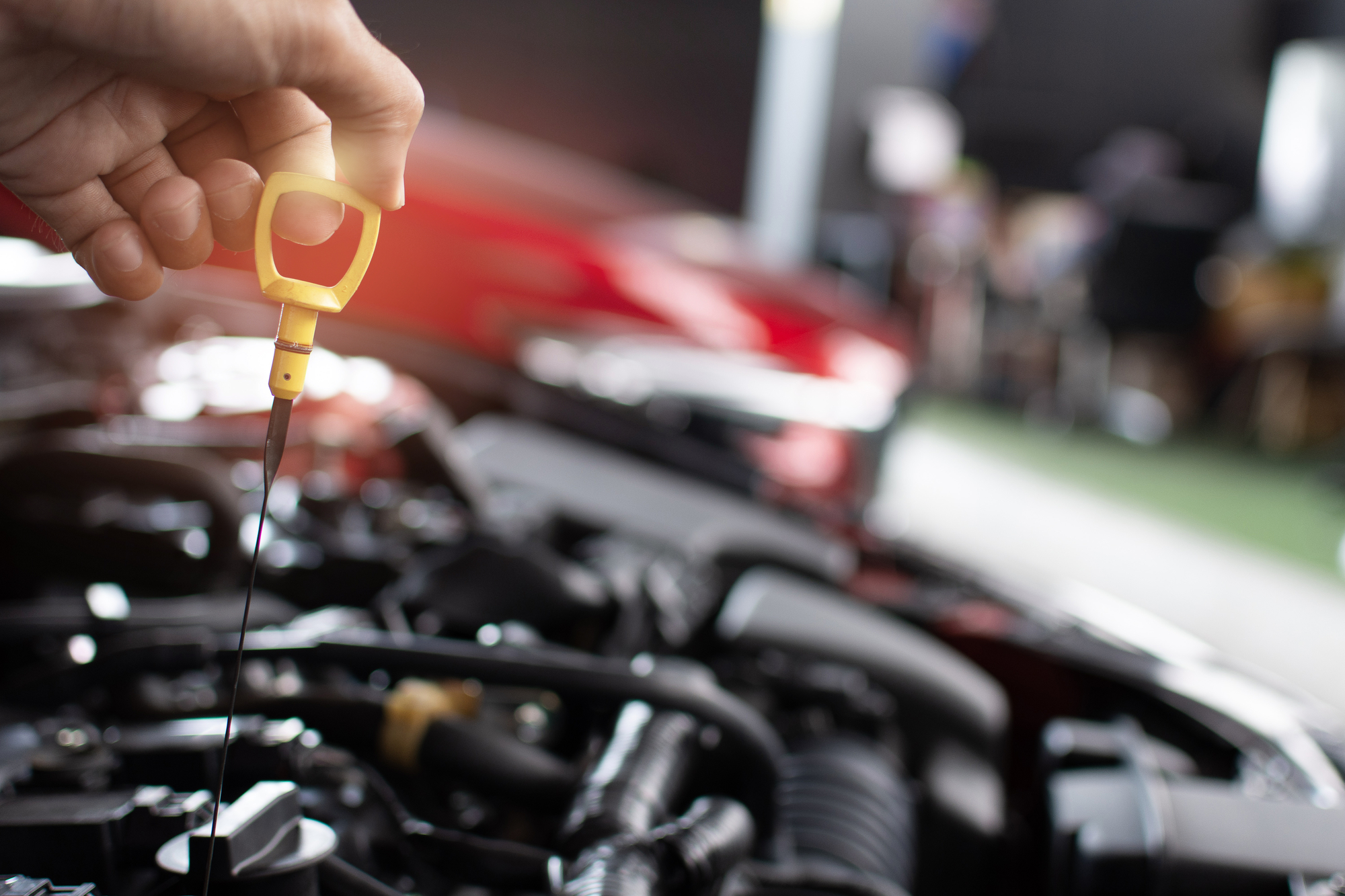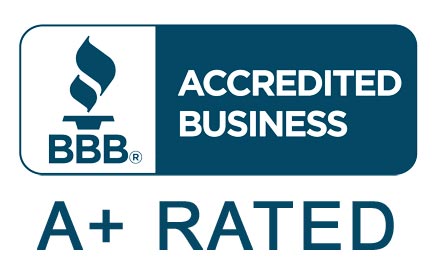Having a car checkup performed regularly will keep it running great and for longer. It pays to know about problems in advance before they become major ones! Adhering to a regular car maintenance schedule and keeping good records will help you avoid breakdowns and expensive repairs.
The following are common tasks performed during a professional car checkup.
- Tires: Inspect tires for wear and check the tire pressure and tire tread. The tire pressure should be checked regularly (including the spare) to ensure they’re properly inflated. Evaluate the tread depth of each tire, making sure they have enough traction to effectively grip the road. A car checkup will also include looking for potential tire problems like bulges or extreme uneven wear on either side of the tires (typically indicates that your car needs a wheel alignment).
- Batteries: To head off being stranded unexpectedly because of a corroded or drained battery, the battery needs regular checkups, too. During a vehicle inspection, the technician will check the voltage, perform a charge/discharge load test, and secure battery tie-downs if necessary.
- Brakes: Checks brake fluid levels and evaluate the wear on the rotors, drum, and brake pads. If you start hearing squealing or squeaking sounds, it’s a warning sign that the brake pads need adjusting or changing soon.
- Steering and Suspension: The steering and suspension are independent systems that work together to keep the vehicle under control. Things inspected during a car checkup include the power steering fuel level, belt, and pump. The technician will also check for fluid leaks.
- Ensure That Lights Are Working Properly: The checkup includes making sure that all lights, including brake lights, turn signals, hazard lights, headlights, taillights, and high and low beams, are working right. These are tasks you should perform yourself regularly as well.
- Engine Inspection: Keeping up with engine maintenance and addressing engine repairs will extend the life of your car. If the check engine light comes on between car checkups or the engine starts making a pinging or knocking sound, have it inspected immediately.
- Fluid Levels: Check fluid levels, including engine oil, transmission fluid, coolant levels, brake, and washer fluid levels. We all know how important it is for us to drink plenty of water for our bodies to function appropriately. The same goes for our vehicles – they need to have sufficient fluid levels to carry out various functions, from keeping things cool to lubricating various components.
- Hose Inspection: Inspect the hoses for signs of fraying, cracking, missing pieces, or hoses that could be cut by having contact with other elements. Other important things to look for on hoses are a buildup or deposits of dried coolant or dampness on hose ends.
- Windshield Wipers: Being able to see out the windows is crucial when it comes to safe vehicle operation. Car checkups typically include inspecting the windshield wipers, looking for rigid or cracked areas. It’s also a good idea to inspect the wiper blade and windshield wiper fluid levels.auto
It’s important to remember that a professional car checkup will ensure safe drivability and help you avoid costly repairs down the road. There’s also an added bonus of having regular car checkups – it shows that your car has been well maintained. This helps down the line when it’s time for you to sell it or trade it in for a newer model.





